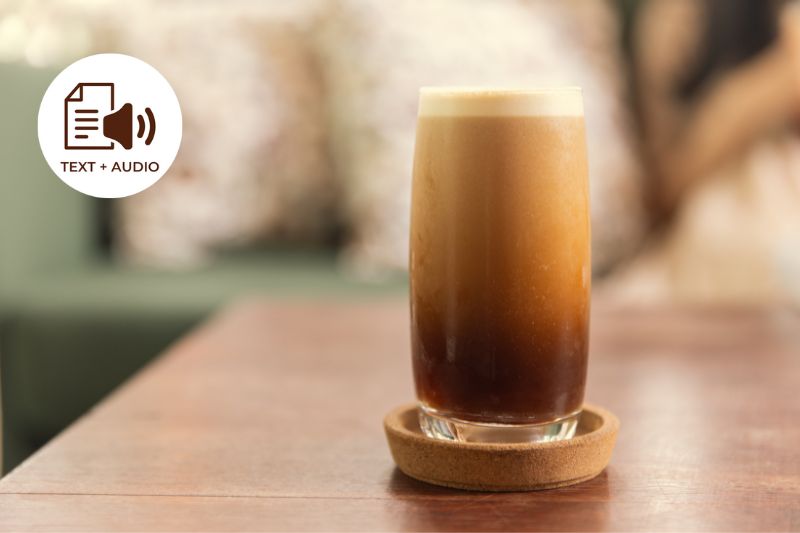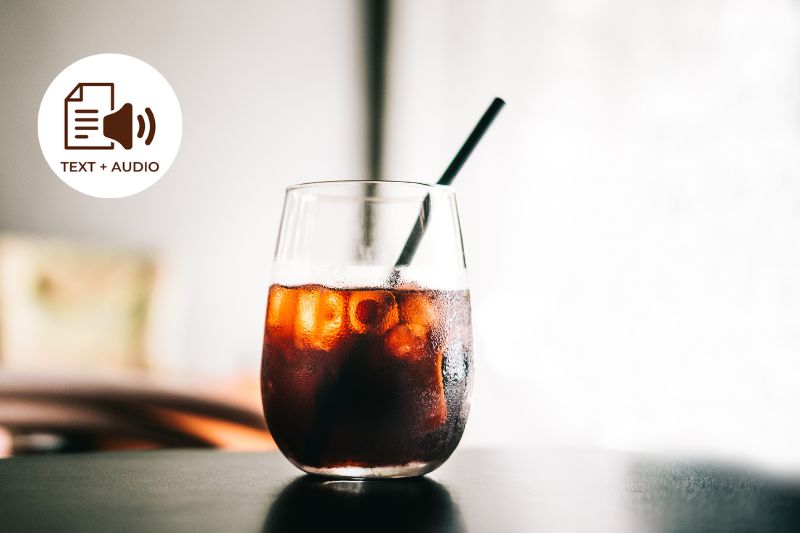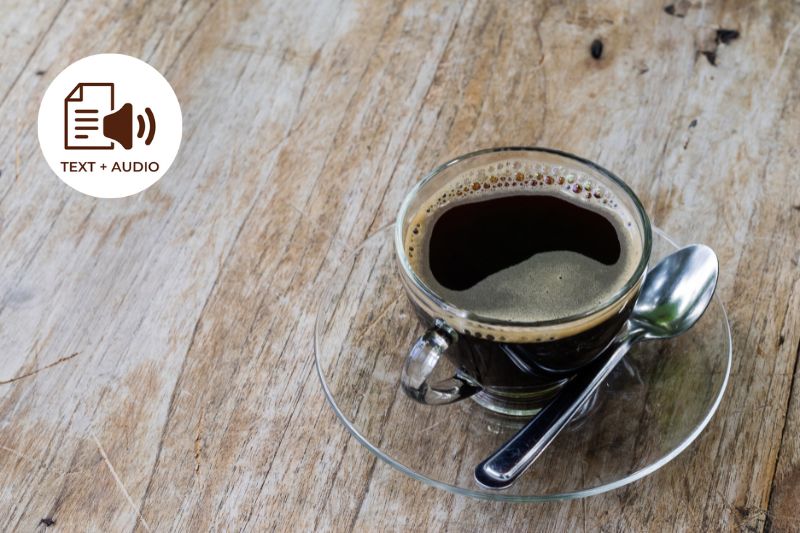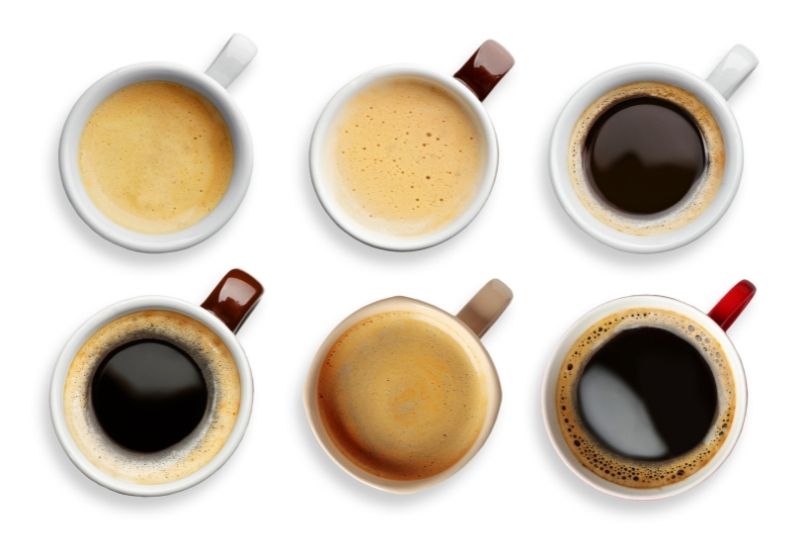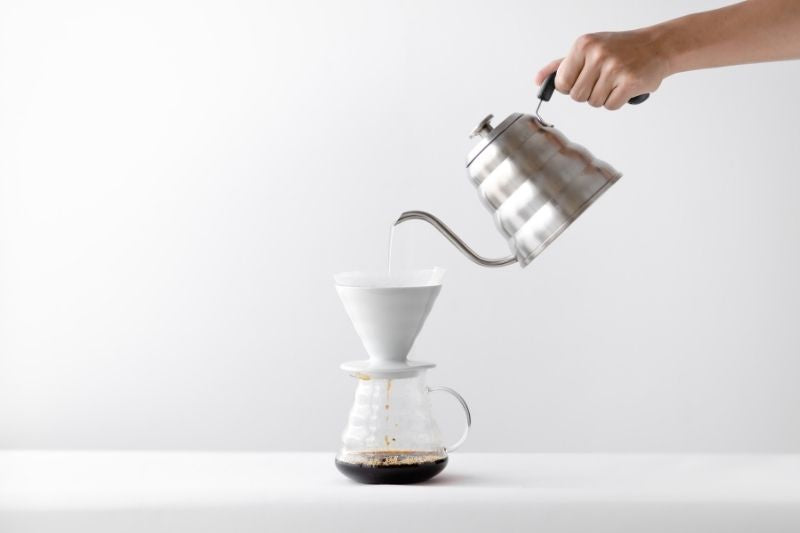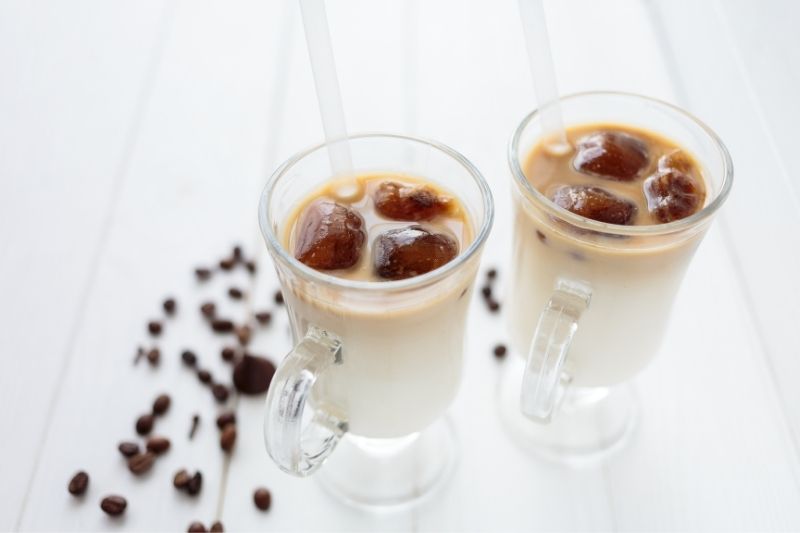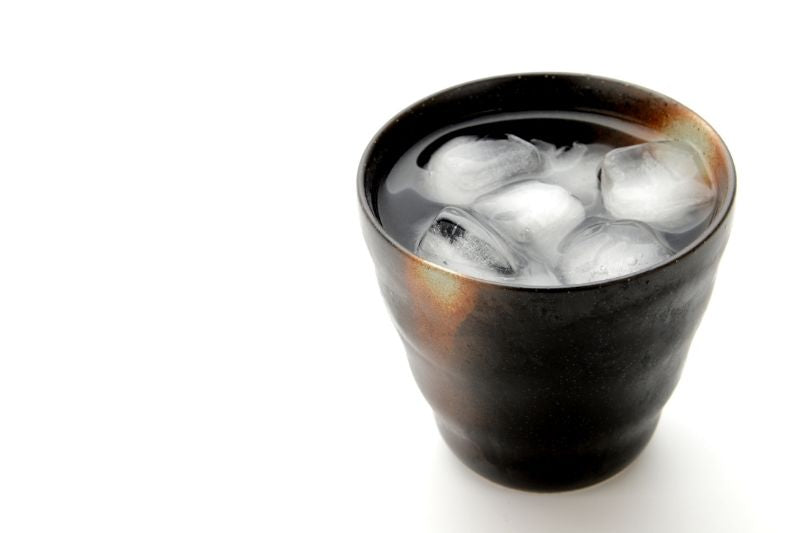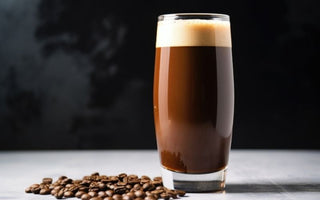The cold-brew coffee fan base is growing ever bigger. You see cold-brew coffee tutorials online and social media users flexing their cold-brew coffee drink, accompanied, of course, by the ubiquitous hashtag. In addition, more and more shops are putting up signs announcing the availability of this coffee option. So what exactly is cold-brew coffee, and what makes it so appealing?

Making Cold-Brew Coffee
Let's make this clarification right off the bat: cold-brew coffee is not the same as iced coffee. Iced coffee is typically just the usual drip coffee served cold with ice. On the other hand, cold-brew coffee is made by steeping coffee beans in cold water for 12 hours or overnight for a full 24 hours. Instead of using heat to extract the beans' flavor, sugar, and caffeine, you use time instead. As it happens, time is a more sympathetic processing agent. It doesn't result in the bitter taste that heat can extract. Instead, cold-brew coffee is more mellow-tasting with a smoother, richer, and more palatable flavor.
Nonetheless, you have to understand that what you're essentially ending up with when you cold brew coffee is a concentrate. As intense as it is, the usual way to prepare it for drinking is to dilute it with water. Coffee experts suggest starting with a 1:8 ratio, which elicits the standard strength and intensity commonly acceptable. However, if you're opting for a cold brew to get a bolder drink, a 1:5 ratio should work well for you. To avoid regrets, do not dilute an entire carafe; dilute as you drink so you can keep your options open.

Cold-Brew Coffee Appeal
You can already glean some of the perks cold-brew coffee offers from the preceding paragraphs, but here are the most common ones listed more clearly.
High Caffeine Content
If you're drinking cold-brew coffee straight, then the caffeine kick is extra strong. Diluting it with water would considerably weaken it. However, you can still get more caffeine than the usual drip coffee, depending on the concentrate-to-water ratio. A higher caffeine content means better access to caffeine's benefits, including a higher after-burn effect for weight loss and increased blood flow to the brain for boosted cognitive function, a higher level of alertness, and an enhanced mood.
Less Bitterness, Less Acidity
Heat makes some of the compounds in coffee, mainly chlorogenic acid and quinic acid, release a bitter, more acidic flavor. That's why those with a sensitive stomach or acid reflux can generally better tolerate cold-brew coffee.
Low Maintenance Preparation
Brewing involves setting the coffee beans in water and then forgetting it for the next 24 hours. One brewing process can give you a volume of concentrate that can probably last you a week.

Hot Cold-Brew Coffee?
Cold-brew coffee may have been more aggressively marketed as a summer drink, but it is more versatile than that. So what happens when the cold season begins, and you start longing for the comfort of a hot drink? Would it be okay to heat your cold-brew coffee?
Some vehemently oppose heating cold-brew coffee. They say that the introduction of heat would ruin everything they love about it; however, this may not necessarily be true. There are different camps on the matter of heat affecting the flavor and acidity of cold-brew coffee.
One side claims that since cold-brew coffee involves a concentrate, it already has its character locked in. The main thing that would alter it is dilution with water and the addition of other elements.
Heat, in itself, supposedly won't do anything to cold-brew coffee except make it hot. What about the coffee's acidic quality? Again, the concentrate's make-up is already preserved. If done right, meaning there aren't any additional coffee grounds, heating cold-brew coffee won't raise its acidity.
The other opinion is that heating cold-brew coffee would alter its flavor, but in such a subtle way that it would be undetectable by the unlearned palate. No matter how slight, a bitter quality is supposedly introduced by the exposure of the concentrate's chlorogenic acid and quinic acid to heat. Meanwhile, these two are also the culprits behind the subtle increase in acidity. To avoid raising the concentrate's acidic quality, heating should be done through the addition of hot water, so there's no direct exposure to the heat source.

How to Heat Cold-Brew Coffee
While you can heat cold-brew coffee, there are still right and wrong ways to do it. Take note, however, to avoid heating for too long, even if you're using a suitable method. This will cause chemical reactions as well as evaporation that will give the drink an overall unpleasant taste.
Recommended Heating Methods
If you must heat your cold-brew coffee, these are the ways to do it so you don't end up ruining it.
Stovetop
Mix concentrate and water according to your desired ratio in a kettle or saucepan. Using low fire, heat until the concoction begins to steam and then simmer for another minute before removing from heat. Pour into a cup and let sit until cool enough to drink.
Hot Water Addition
First, rinse your cup with hot water to warm it. Next, fill it with the desired amount of cold brew concentrate and follow with a suitable amount of hot water.
Discouraged Heating Methods
Shortcuts are not recommended since cutting corners will only lead to disappointment, so avoid these options.
Microwave
Considering its record for uneven heating, nuking won't mix the water and the concentrate in the way they should be combined.
Electric Kettle
Heating cold brew concentrate in an electric kettle will likely result in the concentrate sticking to the coils, resulting in an undrinkable mess that's also hard to clean up.
Large Batch Heating
Heating coffee accelerates its chemical reactions with oxygen, which hastens its aging. Since degradation of coffee by oxidation is slowed down in the cold brewing process, hold onto this benefit by heating just what you intend to drink to avoid the need for reheating.
Enjoying Cold-Brew Coffee Hot
Don't be misled by the term. Cold-brew coffee can certainly be heated up. If done right, you can enjoy it hot with all its good qualities intact.
Get Free Bonus Book


